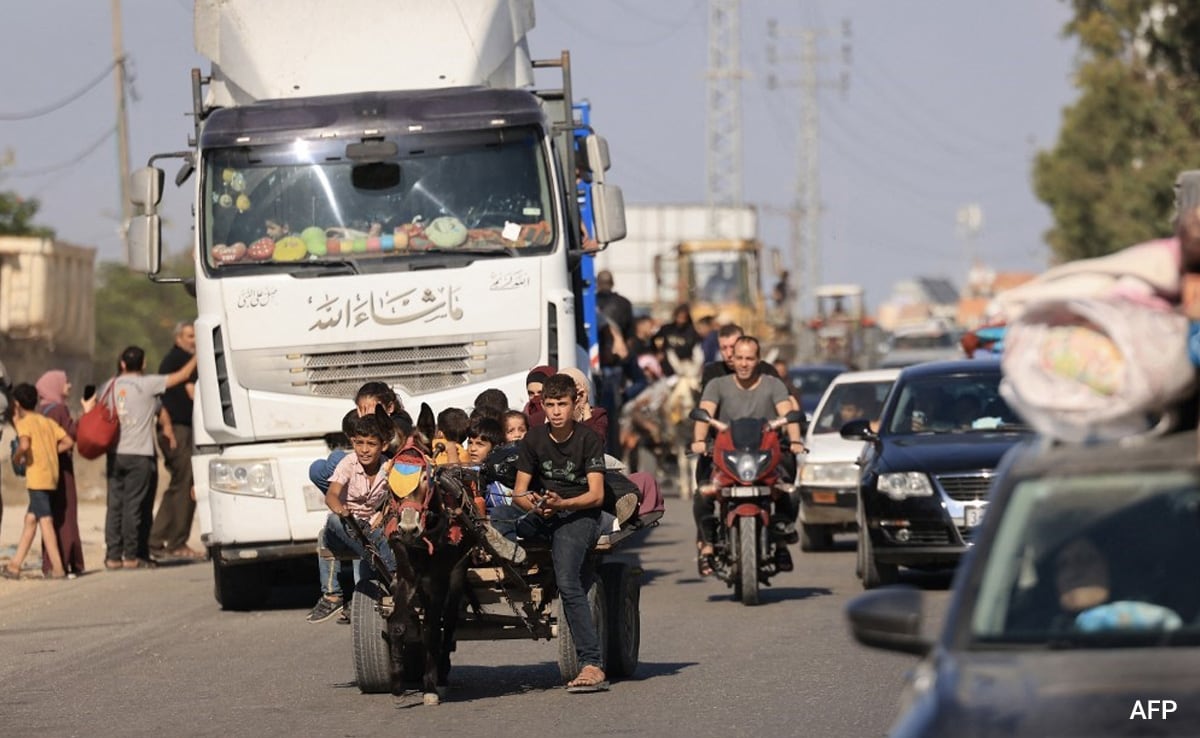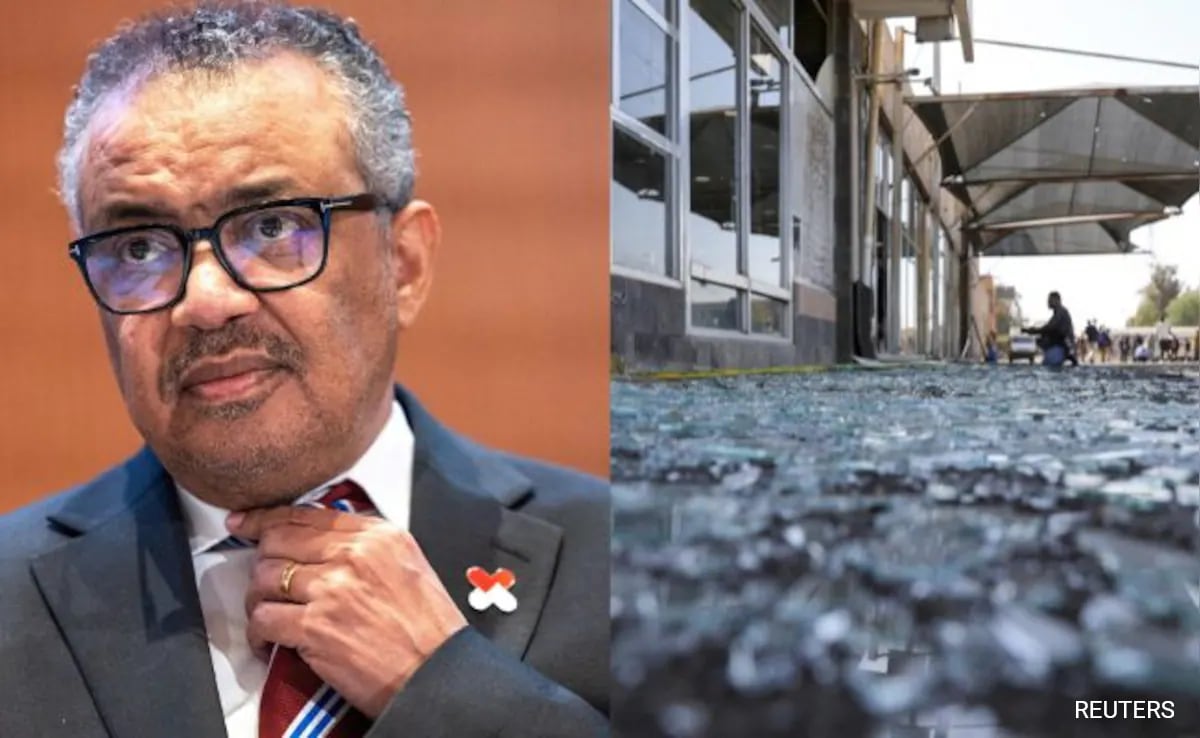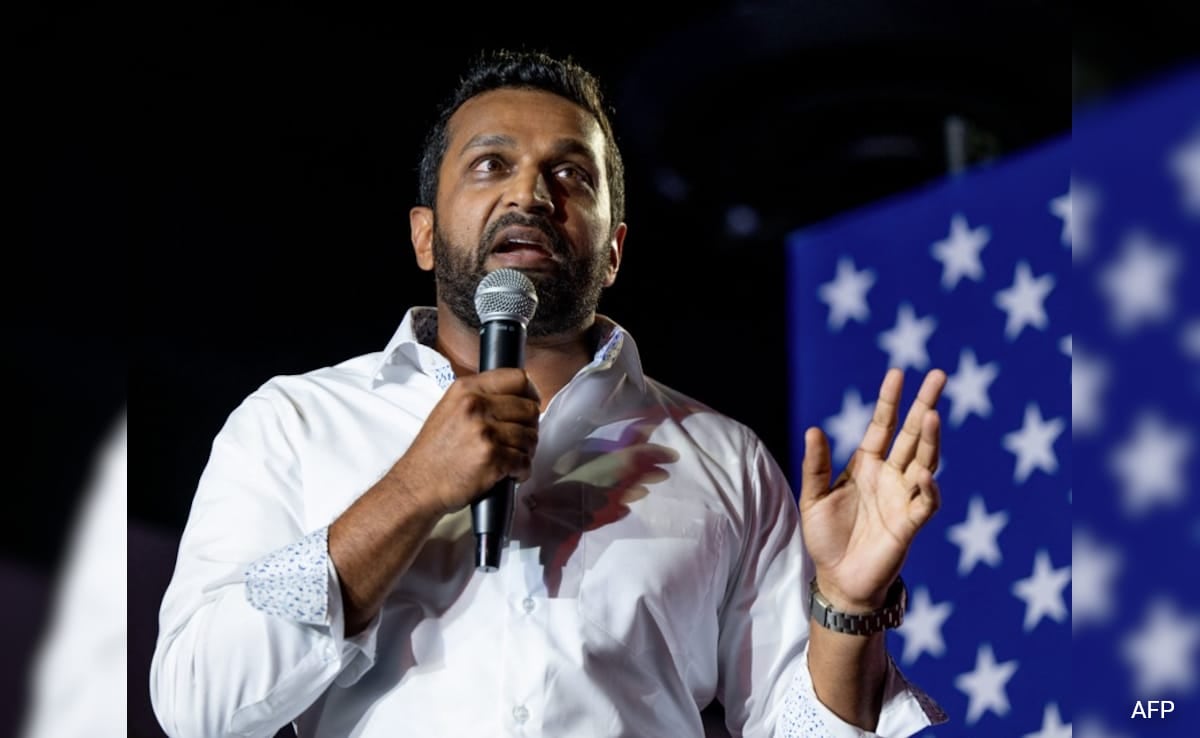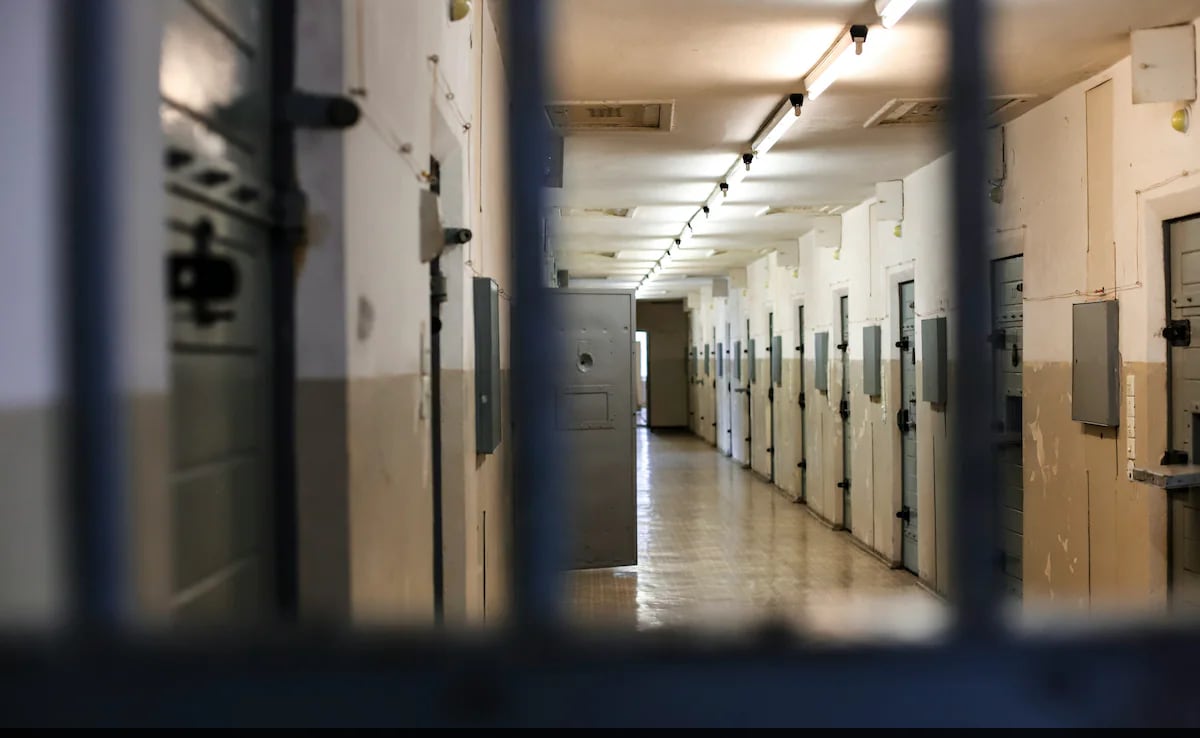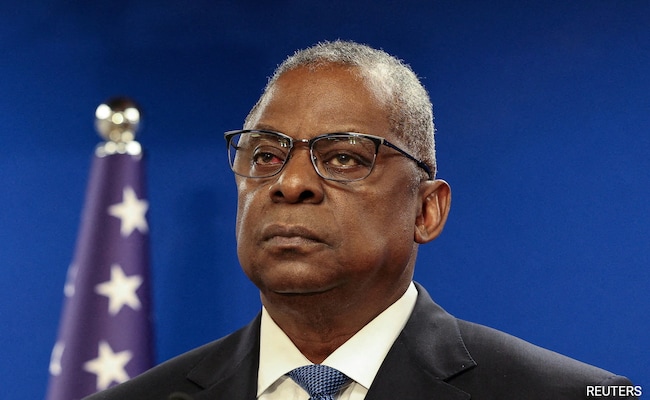Zurich:
The head of the World Health Organization said on Friday he was not sure he was going to survive an air strike on Yemen’s main airport carried out by Israel a day earlier during a series of attacks on the Iran-aligned Houthi movement.
Speaking after his ordeal at the Sanaa International Airport on Thursday, WHO Director-General Tedros Adhanom Ghebreyesus said the explosions that rocked the building were so deafening that his ears were still ringing more than a day later.
Tedros said it quickly became apparent the airport was under attack, describing people “running in disarray” through the site after approximately four blasts, one of them “alarmingly” close to where he was sitting near the departure lounge.
“I was not sure actually I could survive because it was so close, a few meters from where we were,” he told Reuters. “A slight deviation could have resulted in a direct hit.”
Tedros said he and his colleagues were stuck at the airport for the next hour or so as what he thought were drones flew overhead, feeding concern they could open fire again. Among the debris, he and colleagues saw missile fragments, he said.
“There (was) no shelter at all. Nothing. So you’re just exposed, just waiting for anything to happen,” he said.
The Israeli strikes on Yemen came after Houthis repeatedly fired drones and missiles toward Israel in what they describe as acts of solidarity with Palestinians in Gaza.
Israeli Prime Minister Benjamin Netanyahu said afterwards that Israel was “just getting started” with the Houthis.
The Houthi-controlled Saba News Agency said three people died in the strikes on the airport and three were killed in Hodeidah, with 40 others wounded in the attacks.
Speaking by telephone from Jordan, where he flew on Friday, helping to evacuate a U.N. colleague seriously injured at the airport for further medical treatment, Tedros said he had received no warning Israel could be about to strike the airport.
The injured man, who worked for the UN Humanitarian Air Service, was now “OK” and in a stable condition, he said.
Tedros traveled to Yemen over Christmas to try to negotiate the release of UN staff and others held there. He acknowledged that he and colleagues knew the trip was risky in light of high tension between Israel and the Houthis.
But such was the window of opportunity to work for the release of the UN personnel that they believed they had to take it, said Tedros, a former Ethiopian foreign minister.
He said talks with Yemeni authorities had gone well and that he saw a chance that the 16 UN staff as well as employees of diplomatic missions and NGO workers held there could be freed.
He declined to engage in recriminations over the attack but said his itinerary had been shared publicly and expressed surprise that civilian infrastructure should have been targeted.
“So a civilian airport should be protected, whether I am in it or not,” he said, before observing there was “nothing special” about what he had faced in Yemen. “One of my colleagues said we narrowly escaped death. I’m just one human being. So I feel for those who are facing the same thing every single day. But at least it allowed me to feel the way they feel.”
“I’m worried about our world, where it’s heading,” Tedros added, urging world leaders to work together to end global conflicts. “I have never … as far as I can remember, seen the world really being in such a very dangerous state.”
(Except for the headline, this story has not been edited by NDTV staff and is published from a syndicated feed.)




